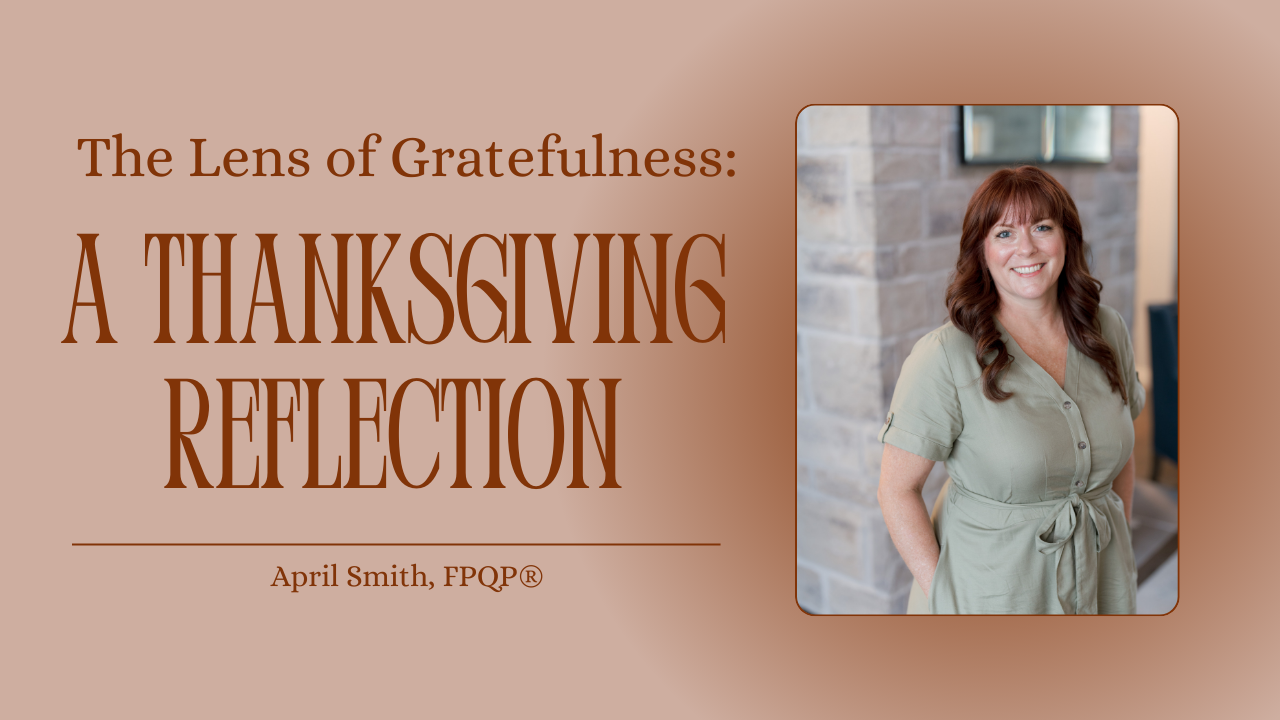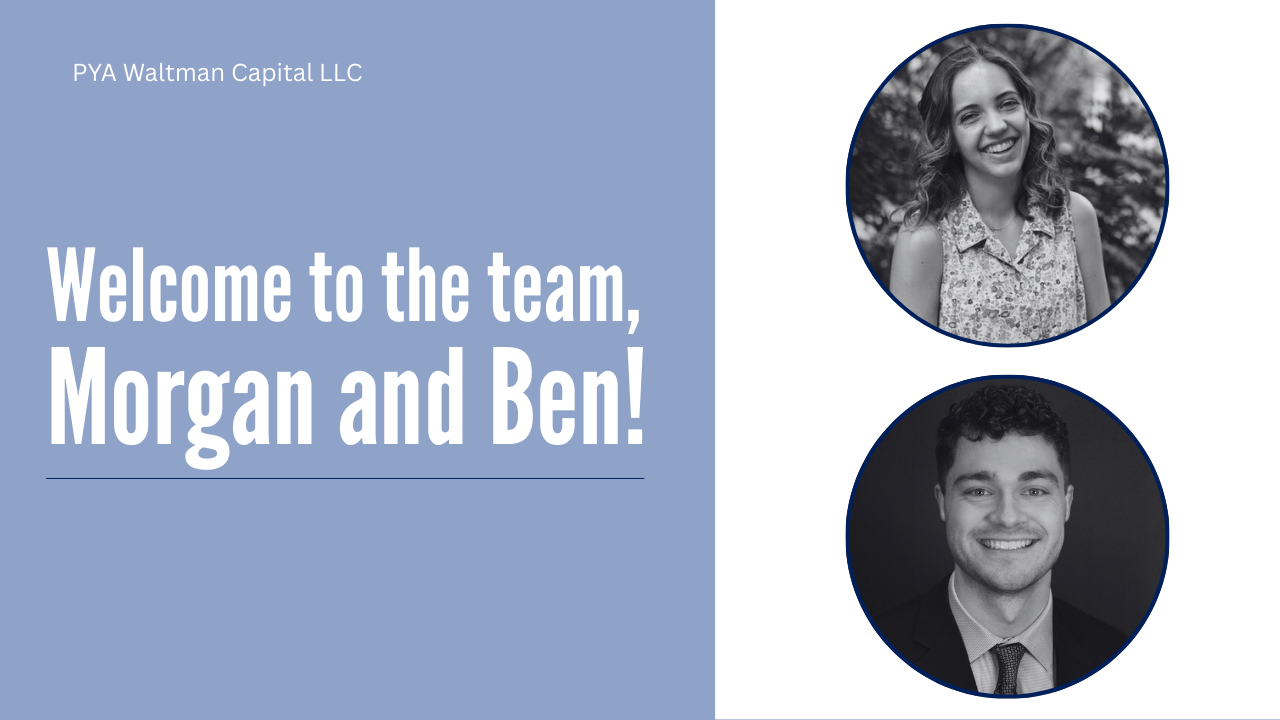I started regularly recycling when I was in college. Every Sunday morning, I would drive my old sedan, functioning as a makeshift garbage truck, to a local recycling center. Into the center’s massive bins would go anything I had that was paper, plastic, glass, or aluminum. An empty cardboard pizza box from Friday night? Recycled. A used plastic peanut butter jar from when I needed something quick and easy for lunch? Recycled. Crushed aluminum soda cans from late nights in the library? Recycled.
When I started encouraging my friends and family to do the same, I was repeatedly asked the same question: “Is this recyclable?” Instead of answering it again and again, I decided to find an exhaustive list of recyclable items online that I could send to them. Through my research, I discovered much of what I had been recycling wasn’t actually usable by the processing facility and was ultimately sent to a landfill. I hadn’t known that pizza boxes can’t be recycled because the grease makes the cardboard unsalvageable or that plastic peanut butter jars are only recyclable if they’ve been thoroughly rinsed and are free of all remnants.
The more research I did, the more I thought my weekly trips to the recycling center might have been for nothing, and I began paying too much attention to the items I was recycling and the condition of those items. This made the process tedious and complicated, so much so that I almost quit recycling entirely. (Let’s just say I spent more time than I’m willing to admit trying to fit my hand inside peanut butter jars to clean them.) I had deviated so far from “Reduce. Reuse. Recycle.” and forgotten that it’s all right that every item I use can’t and won’t be recycled. I had convoluted what should be a simple act.
We do this in personal finance, too.
Over the past few years, it’s become easier and easier to invest your money. There are numerous trading platforms offering trading fees at their lowest levels in history. Expensive stocks can be cheaply owned through fractional shares. The idea that you can invest your way to wealth suddenly seems more possible than it ever has. This has led to a dicey resurgence of day trading and the most mentions of GameStop in a long, long time.
Saying it’s difficult to invest your way to wealth is an understatement. Chances are a stint as a day trader on Robinhood won’t result in you becoming wealthy overnight or within the next five years. It’s true that, despite advancements in and increased accessibility to financial technology, the get-rich-quick path is unlikely to take you any farther than it’s taken others in the past. The time-tested, less complex path to wealth requires you to consistently save money and live within your means. In fact, doing this results in you having discretionary income, income you can use to invest.
The more things change, the more they stay the same.
Investing is a critical piece of any financial plan, but it’s not the only piece or the most important piece. The success of any plan is reliant on your propensity to be a good steward of your money, not “hit it big” in the market. My advice is to save more, spend less, then invest. Don’t forget to reduce, reuse, and recycle while you’re at it.
The opinions expressed are those of PYAW’s Investment Team. The opinions referenced are as of the date of publication and are subject to change due to changes in the market or economic conditions and may not necessarily come to pass. Forward looking statements cannot be guaranteed.
Read this article in West Knoxville Lifestyle by clicking here.
PYA Waltman Capital, LLC (“PYAW”) is an investment adviser registered with the U.S. Securities and Exchange Commission. Registration does not imply a certain level of skill or training. More information about PYAW’s investment advisory services can be found in its Form ADV Part 2, which is available upon request. PYA-21-09




.png)
